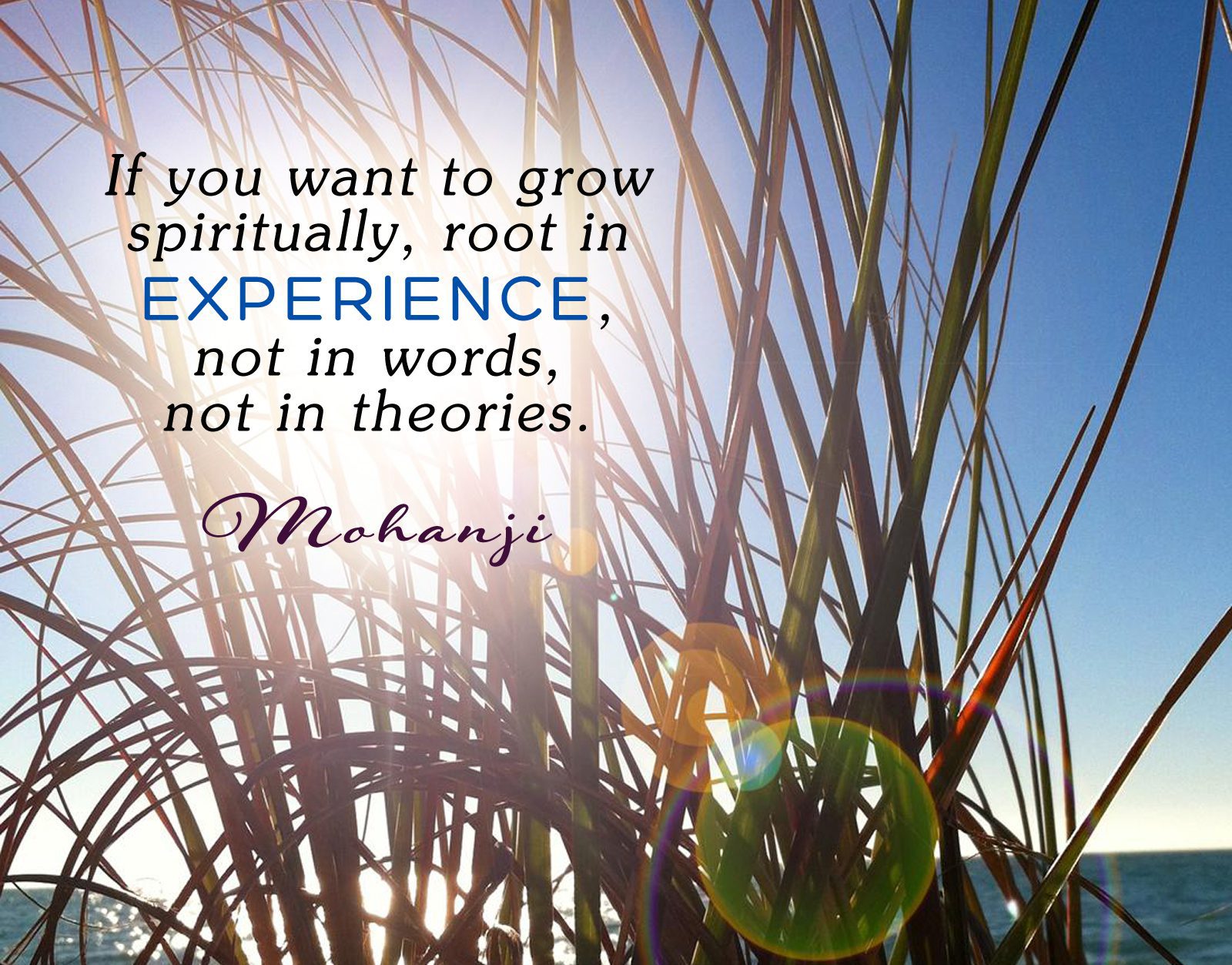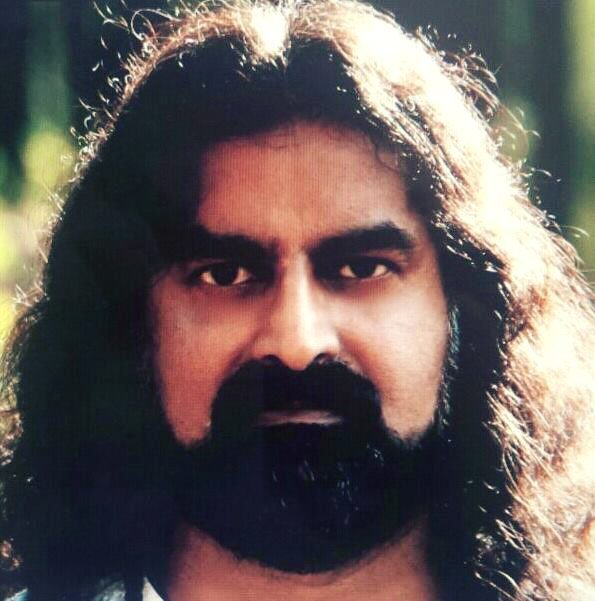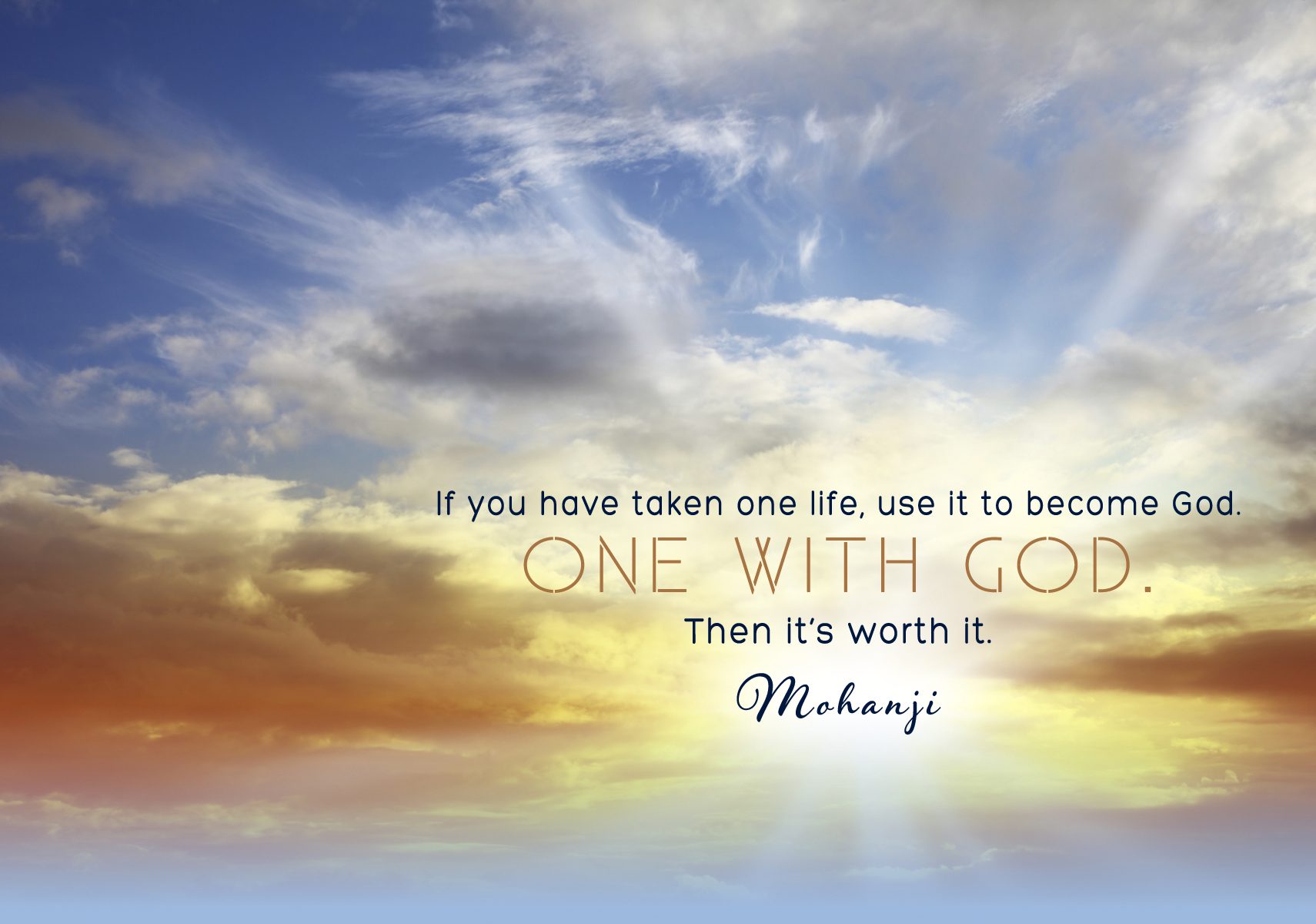An excerpt from Sediba retreat in South Africa in September 2013
What is a guru?
Q: Please explain the concept of a guru. How can one’s or my, his or her spiritual growth and cleansing depend on someone that is a guru?
In the macro level
A: The primary concept of a guru is that guru is a principle. Guru is a tattwa. Guru means the remover of darkness, somebody who brings the light into understanding, the light of awareness, the light of logic into our ignorant path. One who brings knowledge, awareness and clarity to our life is a guru. In that context guru cannot be just human being.
The sun brings light into our Milky Way. Sun brings light to all the planets, so the sun has a role of a guru. You have to consider the sun in the context of the guru principle too. Guru principle runs through every being of this universe. Everybody has a guru aspect in them.
But I know this question is about the physical guru who talks. I will come to it later. First of all understand what guru is.
Guru is a principle which can operate through any medium, any being or any situation. Guru needn’t even be a walking, talking being. It can even be an understanding which happens in your mind. It can be the tree, or the leaves, or the wind. Certain revelations happen when we see certain things.
Like when an apple fell on Newton’s head. He thought about the theory of gravity, right? Some other people also had an apple fall on their head. They only had a bump. (laughter) This is the difference. If it leads to something which is more revealing and awakening, that has to be considered as a guru.
In that case, the apple is a guru, right? That triggered a particular process of thought and that created a particular path of understanding, knowledge, science. Guru should be considered in that aspect, the macro level.
In the micro level
In the micro level, the guru that we see in normal life, we call a person a guru if he is knowledgeable, if he is able to help us travel the path of life, if he is able to guide us to higher understanding. But again, there is a fundamental non-understanding here.
In today’s world there are various types, shapes and forms of people who teach or convey a message to people. I believe all these people are necessary, because they are helping somebody. All these people are catering to certain people, because not everybody can understand or appreciate one path.
Like, if I only speak Latin or Italian, most of you will not understand what I am talking about. I need to speak a language with which I can convey the message. Like that, there are various mouths operating and required in today’s world to convey the right message to people.
The gurus and acharyas
Acharyas are teachers, they have acquired book knowledge, they have learned, externally they have acquired information and they are conveying this information to the world outside. They look like gurus, they also probably have a name of a guru, but understand they are only expounding book knowledge or knowledge which they have acquired over a period of time.
This is different This is acquired information. Knowledge has come from the outside into inside, it is churned and it is transferred back. It’s a process. You take in information, churn it, make formats and present it back to society. These are acharyas, teachers.
Now there are gurus who have awakened the knowledge from within. That means knowledge is already available, past, present and future exists simultaneously in absolute time, so they are established in knowledge.
When they are established in knowledge, and knowledge is awakened in them, and they are expounding that knowledge, these are gurus. These are the real ones, connected to the source and they tap into the source as per the requirement. This is the fundamental understanding every seeker should have.
A guru who is already operating in the highest consciousness, who is operating from the source, can transform a person just by a glance because he is already in the silent mode, established in silence.
If I have a torch in my hand, I can show you the light as well. If I am only showing you a picture of the torch and say,“This is how the torch looks,“ you will definitely have an idea of how the torch looks, but you will not have light. This is the difference.
This is the fundamental understanding every seeker should have. That means information can be available, if you google or type certain words on the Internet, you will get the information, but what about experience?
Experience changes you. Experience makes you. Experience is you. This is the one thing we must understand. You are the experience. If you want to grow spiritually, root in experience, not in words, not in theories, not in understanding.
That is a problem with the kundalini experience or enlightenment experience as well. People talk a lot about their own experience and seekers think,“This is how it should be.“ It can never be the same because each one has a different constitution. Each person has a different metabolism, different configuration, so it will be different.
This is the reason. I hope it is clear now what an acharya is, and what a guru is. A guru has an awakened knowledge from within, an acharya has an acquired knowledge from the outside.
First, acharya does not have much walking space. He can only walk as much as the knowledge he collected and transformed into readable material that can be conveyed. Second, there is no guarantee that acharya has understood the subject well himself.
If you have read something, assimilated it, digested it, you might have understood it based on your level of operation, your IQ and your level of understanding from which you are churning. That is why we see distortions in the performance of the scriptures. No guru will ever say,“Go over and kill somebody.“ No guru will ever want violence, but today if people are resorting to violence, what does that mean?
It means wrong understanding of the right scriptures. This is all because of acharyas. Acharyas are teachers, they can also interpret the scripture saying,“This is also a way you can look at it.“ Then some people will buy it, some people will “subscribe“ to it. They will say,“No problem, this is also one method of looking at it.“
And they start operating in it. Once they start operating in that line, catastrophies happen and distraction happens. This is the difference between an acharya and a guru. A guru will never do that because he is connected to the source. He will only give you what you need.
He will not give you his opinion, he will only give you the truth, because there is no opinion to talk about there. Truth is one and the same truth has been spoken through generations through time by various mouths. There is no way you can speak a different truth today. I can speak a different language today, that is because I live in this time, but I cannot speak a different truth today.
Nor will further generations to come speak a different truth from what I am saying. Likewise even Krishna used to say,“Thus spake the masters.“ Lord Krishna was an avatar. An avatar used to say,“As spoken by the masters before me, I am speaking.“ That means he always regarded and had gratitude for the ones who came before him.
That is the way you operate when you are absolutely established in absolute time or you are established in knowledge. Then there is no ego attached to it. It is just knowledge as per requirement. Like we breathe air as per the requirement of our body.
Our inhalation, exhalation are not as per requirement of the mind. We breathe spontaneously because we have to breathe. That means we have taken as much air as we need. It’s not like greed,“Oh air is there, let me collect it and keep it.“
That doesn’t happen with breathing, that happens at non-understanding level. So book knowledge converted and interpreted can be distorted, distortion is possible.
First of all understand who you are following. If you want to follow a guru, follow a guru who is connected to the source. It helps you. If you follow a guru for understanding’s sake, e.g. you have been at college, universities and schools, and you gathered information which brought you to this level, have gratitude.
They are all good. It’s not that they are not good. At the same time, they have limitations. You can cross over the limitation and they can also cross over the limitation, but that’s not our programme today, that’s not our call. This is individualistic.
Why should somebody follow a guru?
This is your choice. You have every right. Why should somebody follow a road sign? The same question. Why do you choose a road sign? Because you don’t know the way, right? If you knew the way, you would not even look at the road sign and the road sign would never be unhappy because of that.
It will never say,“I wasted my time standing here.“ The true guru will do the same. He is available. You can choose to follow the guru’s guidance, or also not to follow the guidance. This is perfectly up to you, and no true guru is insecure about it, just like the road sign is not insecure about it.
If a guru is insecure thinking,“Nobody is looking at me,“ that means he is at acharya level. He is worried, he is insecure, he has problems, just like if some people keep criticising another person. They are insecure and their insecurity is being expressed. Similarly, if you are a person who is established and you come only with eligibility, you will get anything.
That is also there. You can choose the guru, but the guru has to choose you as well. This is both ways. Why should I choose a guru? You have every right not to choose a guru. The guru also has the same right to choose you or not to choose you. Understand this is not a supermarket where I pick up some materials.
Actually speaking, knowledge is not the right of a student. It’s the gift of the guru. Why is it a gift of a guru? Because the students do not usually know what they want, but the guru knows how much a student can carry. I am talking about a true guru, not the acharya.
Acharya will give you the books, telling you,“Learn all this, you will reach somewhere.“ So true gurus will always know what the disciple needs and will only deliver that. So you can choose a guru, and the guru also has the full right to choose you or not to choose you.
 Choosing a path
Choosing a path
Q: I come from a very, very protestant family. Now my experience is different. How do I marry the two ideas, the two concepts together?
A: All of us, right from our childhood, as we grow up, are fed with concepts more than with food. E.g. tradition, family, lineage… We say we come from this respected lineage which used to be rulers or landlords before, every family has something, so you should behave in certain ways, you should walk in certain ways, you should talk in certain ways… Right from our childhood we are fed with concepts.
As we progress, through religion, through the schools we attend, through society,even through get-togethers, programmes, the right and wrong is fed into us. That takes away our freedom of choice. Everybody or most people are like that. In many of the western countries, probably the condition is much larger.
Like, you have walked the path for twenty, thirty years in one method, or one chosen path for a long time, and suddenly a new idea comes and you become fascinated by it and want to explore it and there is a guilt of leaving what you have already tread and excitement with something which is seemingly uncertain or interesting. Everybody has this conflict.
What happens is that we are also animals in a different way. We chose intelligence over might. Or we can say we chose predictable intelligence over the sixth sense. This is what happened to us. When we were in the forest, our sixth sense was very clear.
This predictability also confined us to a certain pattern. This pattern created the comfort zone. Leaving the comfort zone is very difficult. That is why this question arises ’why should I follow a guru’…
because these are alien concepts. Some people are following it in another region of the world, but how can that be adapted to a path where you have been brought up in a more or less programmed atmosphere, where you go to church, you go to the mosque, you have certain levels of worship on a methodical basis, sometimes the surrender is transactional, activities are transactional, and prayers are in a particular order.
All these things will appear as conflicts in the path to come. At that point in time, the thread to hold onto is awareness,“Am I changing? In which direction?“ Not being a rebel saying,“I will destroy everything so that something can happen in the future.“ That is basically non-understanding as well. That’s ignorance.
Because by destroying things, you cannot guarantee change within your life time. However by going through the process and if it is suitable, you can only consume some food which suits your body. If different food is given to you, you will not consume it. Like in certain areas of the world people eat dog, cat, or snake meat, all these things, which many people who are meat eaters will not consume.
Why is it so? It doesn’t suit their constitution, or it doesn’t suit their understanding or interest. In the same way, you will accept only something which really suits you. It means awareness is important so that you should know what you are doing.
Why has it come to you? You should ask this question. Why has this particular method of prayer come to me? I’ve been following one path for a long time, but now it has come to me. This is question number one.
Number two,“Now that it has come to me, how is it relevant to me? Is it liberating me or is it binding me? Have I been bound by the path for so long and have I lost interest to explore or to see if I am doing the right thing? I am doing things mechanically, because my grandfather was doing it, my father was doing it, and I am doing it.“
This is the way most spiritual practices happen today – repetition because of lineage or tradition. However, at no point in time are we checking,“Is that relevant to me?“ The moment you sit down and think,“Is some activity relevant to me?“ If it is not relevant, if you have the guts and courage to drop it, at that point in time the shift happens.
It’s not being a rebel. It’s being aware that,“I am doing the activity out of compulsion, out of repetition or out of fear, mostly out of fear of heaven and hell, or fear that somebody will not like it. Some of my family members will say that I am not in the right way.“
So we follow out of compulsion, but is that giving you any kind of elevation, any kind of pleasure or any kind of fulfillment? If the answer is no, no, no, it’s time you left it. It might be the best thing, or you might also have the soft leaving, which means you leave for some time, taste it and you go back again. But it is important to evolve.

I always say,“If you have taken one life, use that life to become God. One with God. Then it’s worth it.“ Otherwise we take life times in rotation and achieve nothing. We taste a lot of things which are available on earth at various levels of mind, body, intellect, then we die and then we come back.
Punarapi jananam punarapi maranam
Punarapi janani jathare shayanam
(Again birth, again death, again in the womb of a mother, it keeps on going)
That is exactly the point we are talking about. If you have one life, use that life to be fully aware. ”My job is to experience whatever I wanted to experience, express whatever I wanted to express, and then get out of the place, get out of the game.”
If that clarity is there, there is no conflict. Otherwise the social conditioning, the concepts, keep binding you, they keep pressurising you, and they keep making you a slave. I am not against any religion. If you want to experience how to be a slave, you have to be a slave. That is your choice. But in the path of liberation it has no validity. This is the only equation I am saying.
In the path of liberation you can never be a slave to anything including habits, including relationships, including dependency, including place, time, objects.
Ramana Maharishi used to eat food from the shell of a coconut. Some of the devotees felt it was very bad that the master ate food from the shell of a coconut, so they brought a plate for him. He said,” So you want to teach me attachment to this plate now?
With the shell of the coconut, all the shells look the same, this shell or another shell, it doesn’t make a difference, but with a plate you will start owning it, where is my plate?” It might seem very simple, but this is how the mind works. Mind always holds on to small things, but that is important for the mind.
Mind will say, “This is my plate. Don’t you dare touch it!” Why you say that is because of ownership. It is part of mind’s job. Even in spirituality we have ownership of our god, guru, we have ownership of all these and it binds you. At the same time if you do not have ownership, if you just do serving, it’s a beautiful scenario.
Especially when the guru leaves, why are disciples affected? Ownership of the image. You like the image. You get connected to the image. But not a moment in time does the disciple feel guru is not the image. It’s a principle which is working through this body. He has gone, very good, ha, ha, but this is the point.


2 thoughts on “What is a Guru?”
Thanks for posting this satsang.
Pingback: Guru Purnima Message 2021 - Mohanji Satsangs